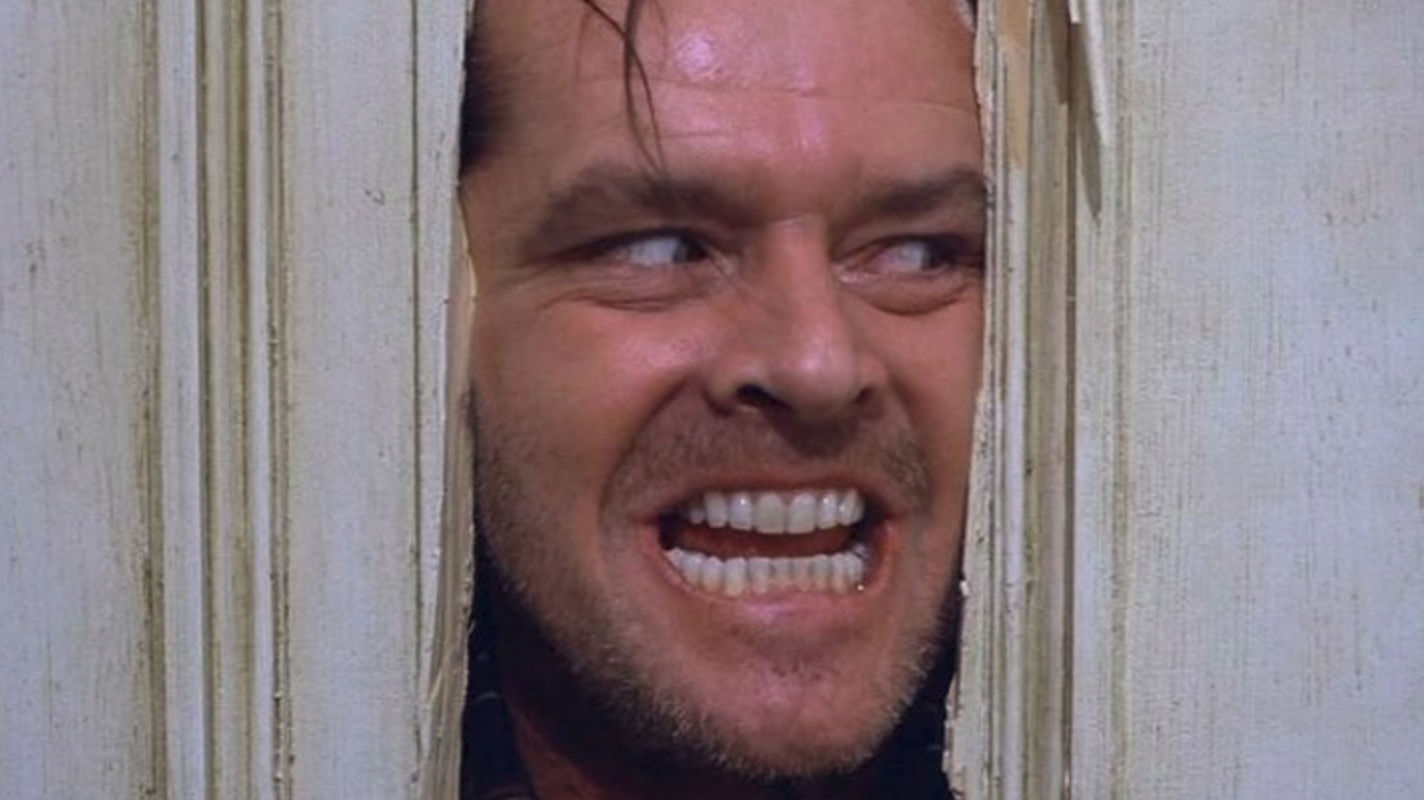Stanley Kubrick’s top ten films
The legendary director’s movies range from battlefields and haunted hotels to adventures across the universe

A free daily email with the biggest news stories of the day – and the best features from TheWeek.com
You are now subscribed
Your newsletter sign-up was successful
US director Stanley Kubrick remains one of the most influential people in the movie industry, almost 20 years after his death.
Here are ten of his greatest films:
2001: A Space Odyssey (1968)
The Week
Escape your echo chamber. Get the facts behind the news, plus analysis from multiple perspectives.

Sign up for The Week's Free Newsletters
From our morning news briefing to a weekly Good News Newsletter, get the best of The Week delivered directly to your inbox.
From our morning news briefing to a weekly Good News Newsletter, get the best of The Week delivered directly to your inbox.

This two-and-a-half-hour space journey is arguably Kubrick’s most renowned work. The iconic film, which explores man’s relationship with the universe, continues to inspire space films today. Indie Wire says that 2001 is “brilliantly simple and cinematically exact - it’s as transcendent, bold, and distilled as any film ever made”.
Dr Strangelove or: How I Learned to Stop Worrying and Love the Bomb (1964)
This black-comedy masterpiece follows an insane general who triggers a path to nuclear holocaust, with a war room full of politicians and military leaders frantically trying to stop him. Kubrick initially set out to make a straightforward thriller about a nuclear-weapons crisis but, in the process of researching, he couldn’t get past the absurdity of the justifications politicians were trying to make for the Cold War. Thus came Dr. Strangelove, satirically commentating on the ridiculousness of war and politics.
The Shining (1980)
A free daily email with the biggest news stories of the day – and the best features from TheWeek.com
One of the most influential horror movies of all time, The Shining was not widely accepted by critics when it was first released. Famously, Stephen King, who wrote the original book, expressed his hatred for the adaptation. Nevertheless, Kubrick's creation set the blueprint for all haunted-house movies today.
A Clockwork Orange (1971)

Adapted from Anthony Burgess’s 1962 book, A Clockwork Orange tells the story of Alex and his “droogs”, a group of violent juvenile delinquents in a future dystopia. Kubrick said: “It is a story of the dubious redemption of a teenage delinquent by condition-reflex therapy. It is, at the same time, a running lecture on free-will.”
Paths of Glory (1957)

The film follows “Kirk Douglas who plays a lawyer-turned-colonel in the French Army who, in the midst of World War I trench warfare, must defend three of his men facing the death penalty as a result of their regiment retreating, refusing a senseless order to charge toward certain slaughter”, explains Indie Wire. German actress Christiane Harlan, who played the only female character, later became Kubrick’s wife and great partner in filmmaking.
Eyes Wide Shut (1999)

Tom Cruise plays a New York City doctor who embarks on a night of sexual and moral discovery after his wife, played by Nicole Kidman, admits that she once almost cheated on him. Eyes Wide Shut explores Kubrick’s fascination with the absurd rituals of man and how humanity has blindly accepted the institutions of social hierarchy.
The Killing (1956)

The Killing illustrates Kubrick’s take on film noir and, when it first premiered, he described it as his first “mature” film. It follows criminals who plan and execute a daring race-track robbery.
Full Metal Jacket (1987)

Split into two parts, Full Metal Jacket follows a US Marine who observes the dehumanising effects the Vietnam War has on his fellow recruits from their brutal boot camp training to bloody street fighting.
Lolita (1962)
Vladimir Nabokov wrote both the 1955 novel and the screenplay for the film, in which a middle-aged literature lecturer becomes sexually obsessed with a young adolescent girl.
Barry Lyndon (1975)

This period drama is based on the 1844 novel The Luck of Barry Lyndon by William Makepeace Thackeray and recounts the life of a fictional Irish rogue who marries a rich widow to climb the social ladder.